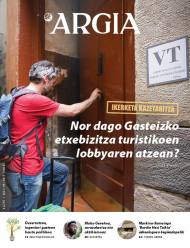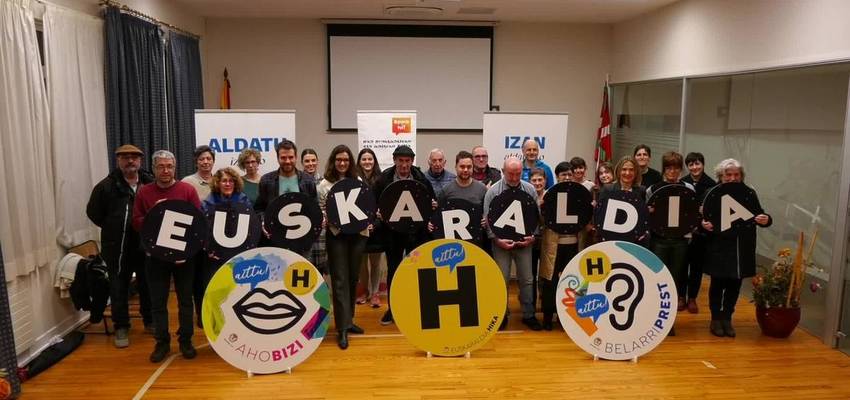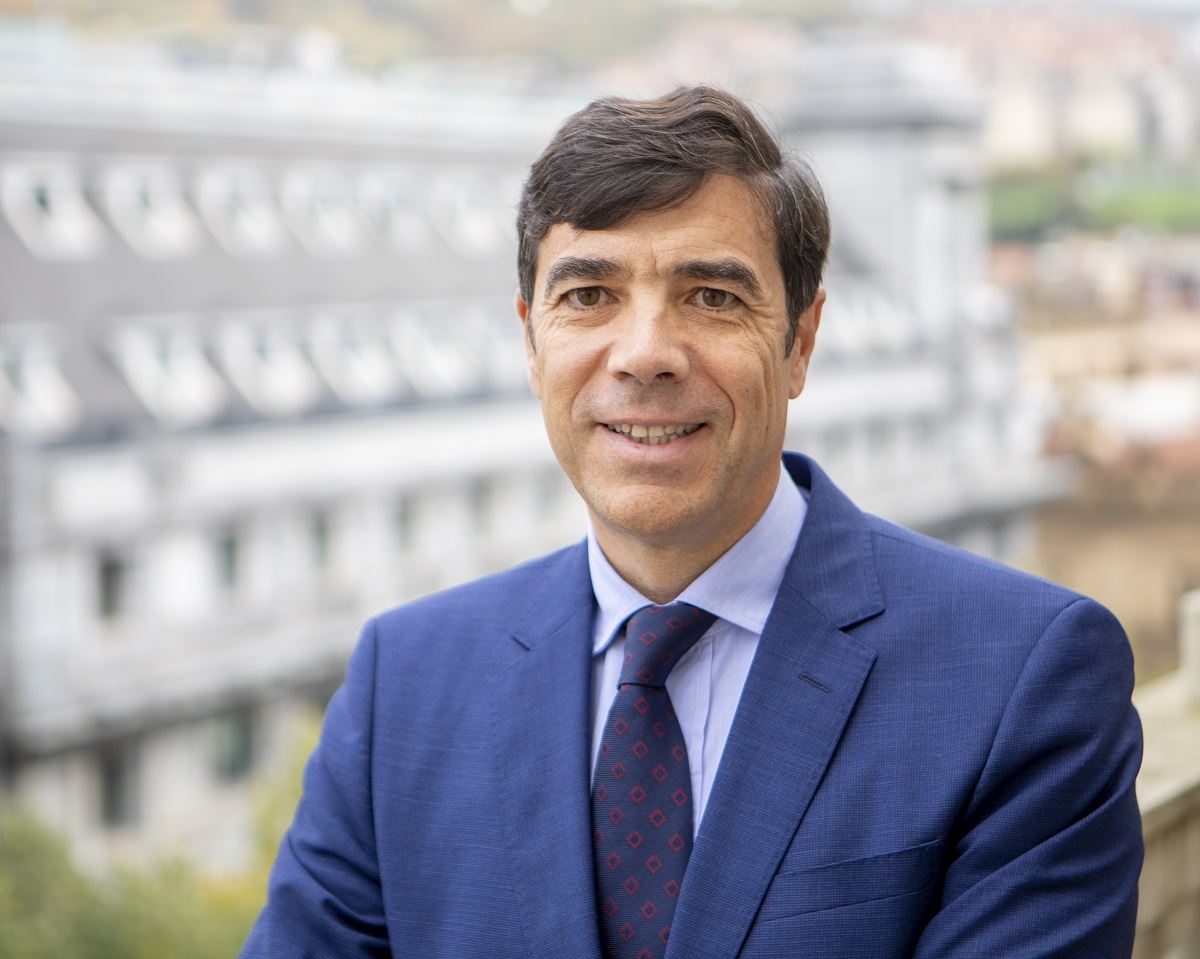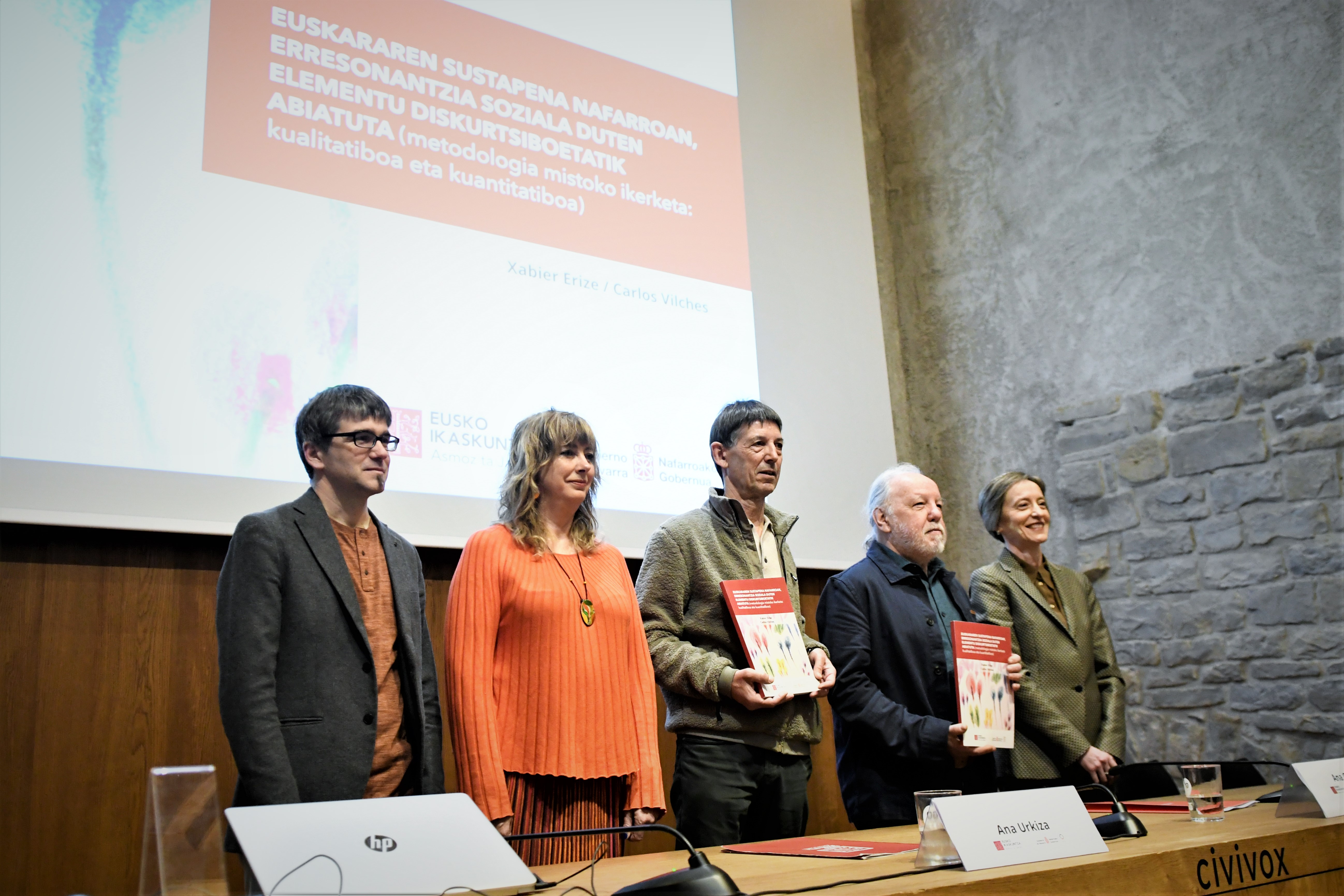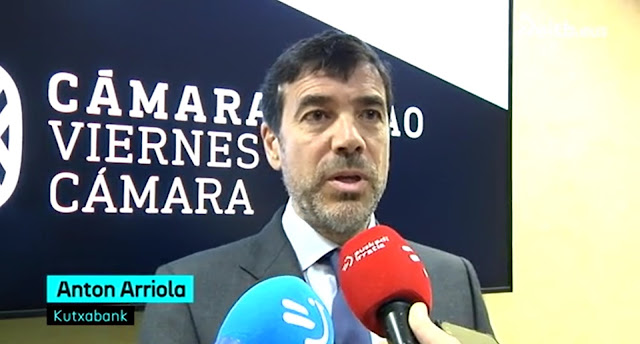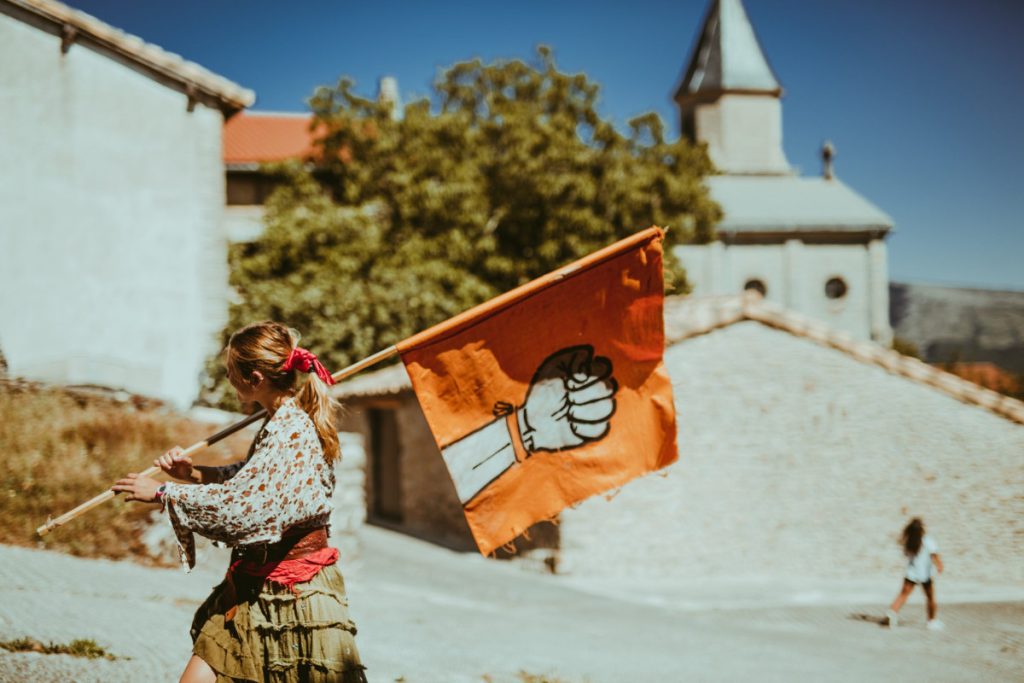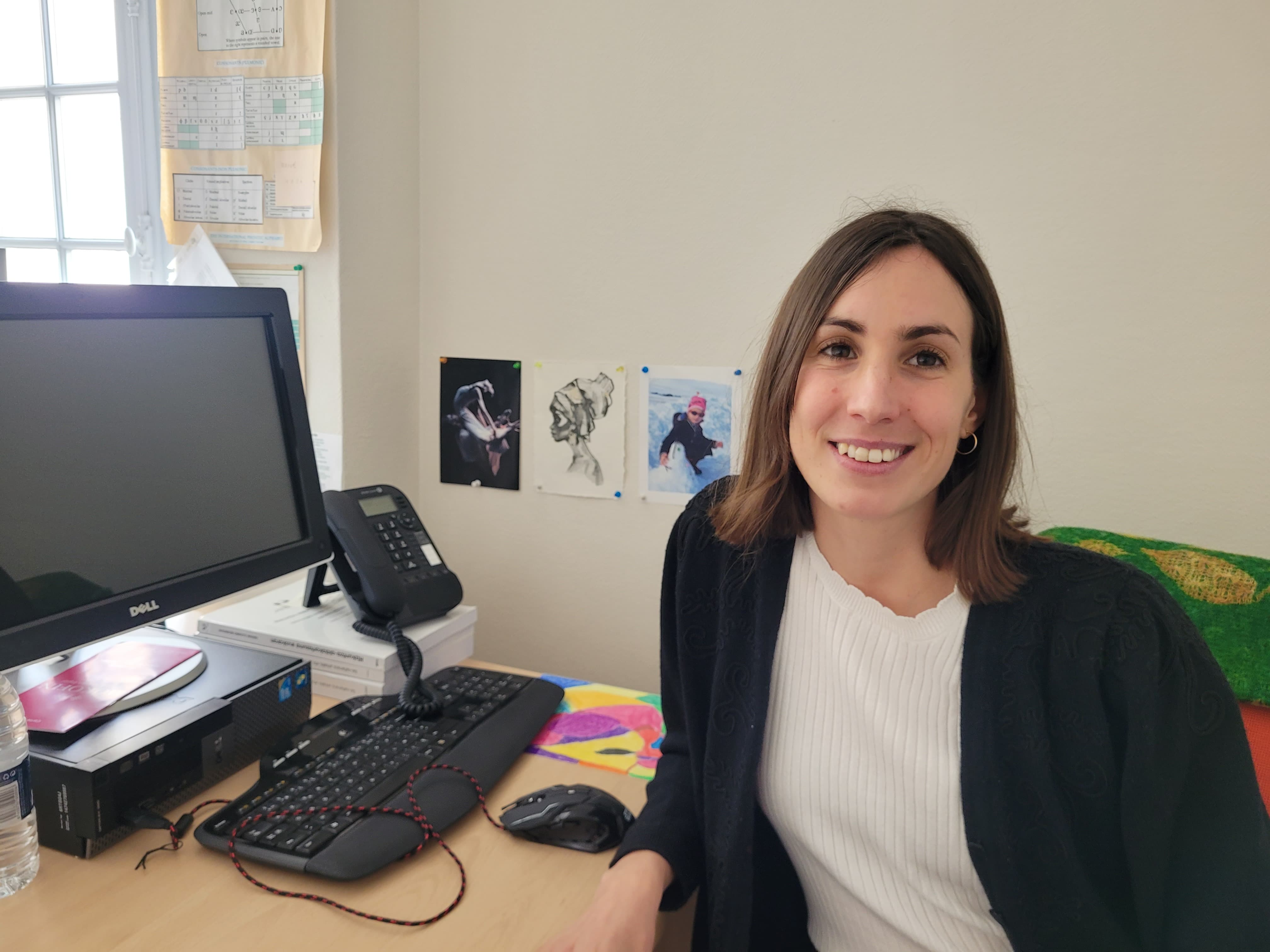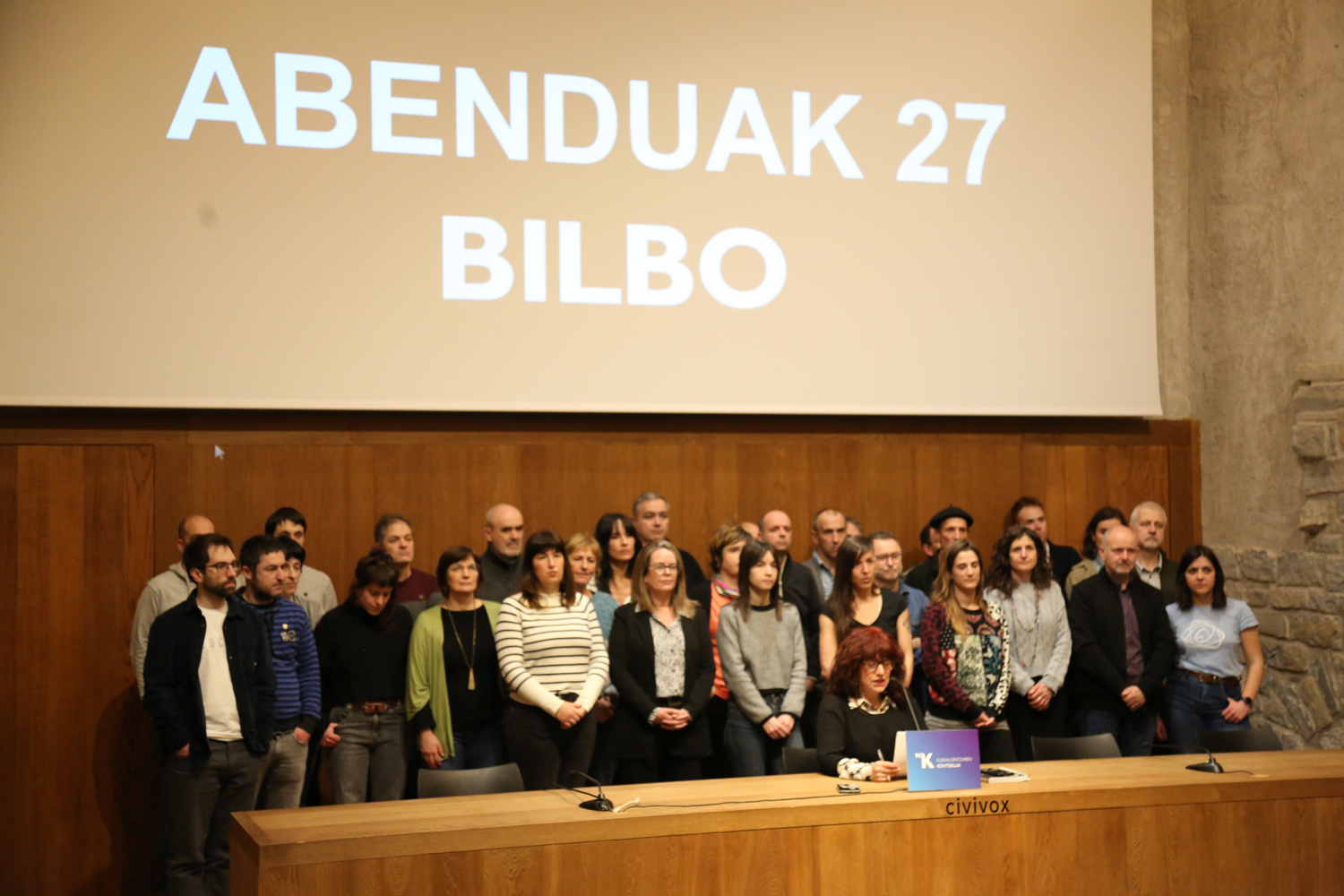Ask the City Council to guarantee the leisure of children in Basque
- The associations of fathers and mothers of Irun have asked the town hall to commit to ensuring the use of Euskera among children and young people. They say that the pandemic has made the Basque reality even more visible. In this sense, they have presented to the municipal government an analysis of the sociolinguistic situation of the municipality and have requested their collaboration for intervention in the sphere of leisure.
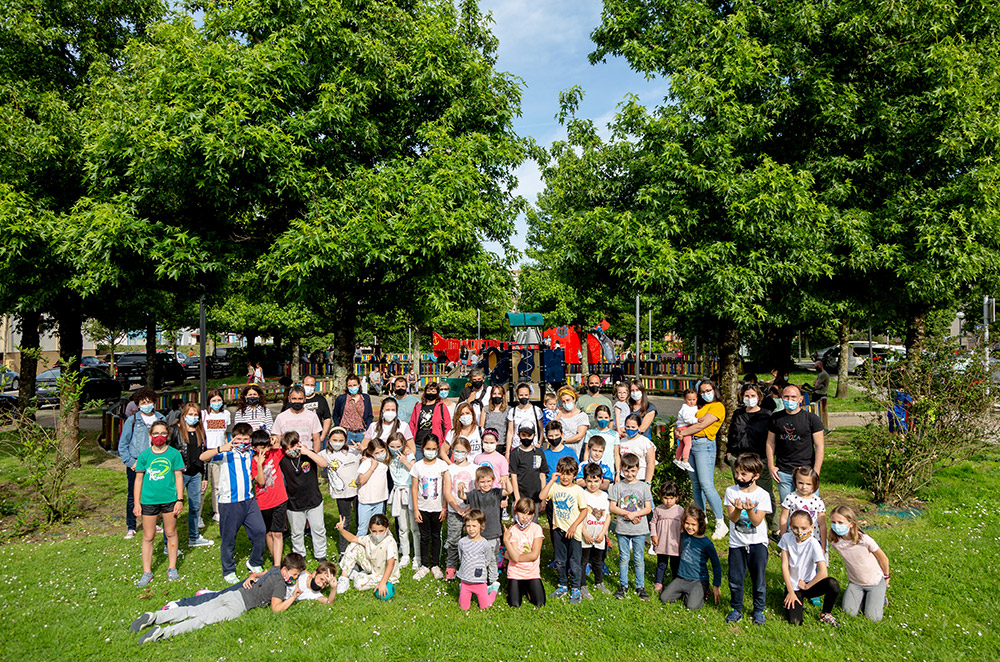
Following the general trend of Euskal Herria, the children of Irun also have the school as the main area of use of the Basque Country. According to local parents’ associations, this situation implies “many difficulties” in the students’ linguistic empowerment. In fact, although in the educational centers of Irún prevails model D, the trends in streets and houses show a very different reality. “It is clear that what is done at school is not enough,” said the parents concerned about the use of Euskera on the street. In the opinion of these associations, the initiatives that the City Hall is promoting today help, “but they are not enough to cover the gap”. They believe that the efforts of children, young people and parents deserve their reflection outside school. As a result, they request a greater effort from the City Hall.
Eneko Oiartzabal is a member of the Parents Association of the Ikastola Txingudi Gerriko (Lezo, 1982). He says that the past year new members joined, explaining the children's concern for the Basque country. They agreed to meet twice a year with the Mayor and start participating in several commissions, as well as to take this opportunity to hold the City Hall accountable. In particular, the request relating to leisure and sport activities was forwarded after informing the other associations of fathers and mothers. They have since received the support of parents’ associations from all public centres and have subsequently referred the request to the Commission for Culture, Sport and Youth of the City Council, which is the Council of Councillors, Sports Associations and Fathers.
Breakthrough pandemics
If the use of Euskera was not satisfactory in Irun, the parents claim that COVID-19 “has increased the existing difficulties”. The spring closure of last year has highlighted the time when students remained out of class for almost six months. They consider that this has significantly worsened the Basque level of the youngest, “because the school is the only area for the Basque of many young people and children of Irun,” explains Oiarzabal. He also says that what has been done so far by the educational community and the city council “falls short.”
Worrying data
The report presented by the fathers and mothers to the City Council collects data such as the Action Plan for the Promotion of the Basque Country carried out by the company Siadeco for the City of Irun in 2018 or the study of the project Arrue carried out by the Cluster of Sociolinguistics for the Basque Government. It shows that the Basque language is quite deteriorated from all vertices: in the home, in the first language, in evolution, in the use of the street, in schools and in linguistic competence. In the words of Lezoarra, “the children of the Basque houses also lose the Basque before what they expected”, a disturbing phenomenon. Before reaching High School, Oiarzabal sees the use of the first language “quite touched”: “The loss is usually rapid and the recovery is slow.” In order to turn the situation around, the associations of parents have established themselves in the list of areas that most influence the use of Euskera by students, and thus they have realized that the organized extracurricular activities have an influence on the linguistic habits of their sons and daughters.
Impulse to leisure
In Oiartzun’s view, leisure is the fourth pillar of youth, after family, school and company. As leisure gains weight in the lives of adolescents, the influence of school and parents decreases. In this sense, the correlation between linguistic use and leisure is reinforced with the passing of age, so the fathers and mothers of Irun attach special importance to the intervention in this area in favor of the Basque. In the case of children, moreover, Oiarzabal considers that monitors are important references because they usually have “more admirable roles than parents and teachers”.

Linguistic asymmetries
The City Hall, in general, offers activities organized in Basque “in parity with others”. At most, Oiartzabal believes that they are given the same weight to the Basque and Spanish. In his view, following the principle of equity, “giving the same to two who are not in the same situation perpetuates the imbalance”. In this sense, he considers that the activities organized by the City Council in favor of the Basque Country are “specific initiatives for the promotion of the Basque Country” and “independent of the general offer”. To bring about real change, parents demand continuous and widespread intervention.
Specific requests
Fathers and mothers have pointed out the need to influence the whole social reality of childhood and youth, and have recalled “the need for a plan for the promotion of the Basque country both in the school and in the supramunicipal sphere”. In order to justify the need to strengthen the institutional effort, Irun's AMPAS have listed the above mentioned data and put specific requests on the table. Thus, they ask the city council to bet on Euskera in cultural programming for children, young people and families – theatre, concerts and storytellers – and in organized leisure activities – sport, music, dance, sports courses. In particular, the requests are as follows:
First, to strengthen throughout the year the programming of leisure and culture for children, young people and families up to 16 years old, with a complete offer in Basque. Secondly, all sports courses for children under the age of 16 should be in Basque. Thirdly, the teaching in Basque of all the activities and organized courses of up to 16 years that offer companies, associations or groups with municipal subsidies. If this is not possible immediately, they ask for a commitment to be able to achieve it in the short term, encouraging the participation of the associations in the programme created by the City Hall. The Basque parents consider that the latter plan should be based on the provision of services that the City Hall should offer to the entities, such as the billboard, the translation and translation service of print and others, the distribution of free courses to learn or improve the Basque language, as well as leaflets for training in technical language. As far as institutions are concerned, they should comply in return with commitments made within reasonable time limits.
Fourthly and lastly, emphasis has been placed on ensuring the presence of the Basque Country in the barracks and inflatable of the festivities of Irun and its neighborhoods; linguistic landscape, public service personnel, music, etc. To this end, they ask the municipal services for the necessary cooperation. In parallel, it has also been recalled the commitment of young inflatables monitors to prioritize the use of Euskera with boys and girls.
Linguistic challenges
These requirements make sense within the framework of the Action Plan for the Promotion of the Basque Country prepared by the City of Irun for the years 2018-2022, to which the associations of parents of Irun have referred. Some of the strategic challenges presented therein have been addressed. For example, the third challenge of the Plan refers to “the creation of new Basque speakers and the expansion and enhancement of spaces of use among Basque speakers”. In this sense, it would be “to facilitate the learning of the Basque Country and to provide the appropriate resources for it”. The fifth challenge responds to the right of users to express themselves in Basque: “Promote the use of Euskera in customer relations”. The seventh challenge focuses on extracurricular activities, with particular reference to those aimed at children and young people: “To offer ample possibilities for the use of Euskera in extracurricular activities, especially those aimed at children and young people, through collaboration with the sociocultural and leisure associations that carry out their activity in the city”. In the same sense, the City of Irun lists all the guarantees and formalities necessary for the implementation of the Plan and the parents have individually recalled. Finally, in Challenge 9, parents indicate that “the use of Euskera in all sociocultural events should be encouraged, a culture in Euskera and quality should be promoted, and cultural products in Euskera should be made known and promoted”.
The answer from the City Hall arrives
Irun's parents' association has been waiting for an answer since Christmas and has arrived after writing this report and taking out the paper version. Oiartzun is asked about the assessment of the answer: "We are not satisfied with the City Council's response at all, because it does not propose a step forward in the Euskaldunisation of organized leisure. On the contrary, it seems that their intention is to leave things as they are, and parents well know what that means: in most of the associations and leisure entities of the people our children will not be able to speak in Basque. The City Hall should assume its responsibility in this matter". It is about to see the steps that Irun's parents' associations are going to take.
Gozamen aparta bezain deskribatzeko zaila dakar, norbaiten hitzak irakurri edo entzun ostean, zera pentsatzeak: “Horixe zen neu aurreko hartan azaltzen saiatu nintzena!”. Idazlea eta itzultzailea da María Reimóndez, eta galegoz aritzen da, hizkuntza... [+]
From linguistics or glotophobia and, of course, hatred against Basque, we have often seen our Basque become the dandruff of all sticks. Last of all, the president of Kutxabank, Anton Arriola, has been shaking our language and giving us galantas.The President of Kutxabank,
... [+]
Don't make a fuss, don't confront, don't victimize... and obey. As oppressed subjects, in this case as Basques, we talk, how many times have we had to listen to them? Ironically, two years ago, at the Euskalale Independentiston Meeting, Esne Arzallus said: "We have arrived here,... [+]
Euskal hizkuntzalaritza esperimentaleko katedra berria estreinatu dute Baionako fakultatean.
Bilbon eginiko aurkezpenean iragarri dute ekitaldia, euskarari "arnas berri bat emateko eta behar duen indarraldia gorpuzten hasteko" lehen urratsa izango dela nabarmenduta. Euskaltzale guztiei, baina, oro har, "justizia sozialean eta gizarte kohesioan aurre... [+]
Euskal Herrian Euskarazek manifestazioa deitu du apirilaren 6rako, 11n EHEko bi kide epaituko dituztelako. Hiriburuetatik autobusak antolatzen ari dira. Bi helburu bete nahi dituzte, batetik, epaituak izango diren bi kideei babesa erakustea, eta bestetik, euskararentzat justizia... [+]
Anton Txekhov, Raymond Carver eta Alice Munroren ipuingintzari buruzko mahai-ingurua egin dute Iker Sancho, Harkaitz Cano eta Isabel Etxeberria idazle eta itzultzaileek, Ignacio Aldecoa zenaren ipuin literarioaren jaialdian, Gasteizen. Beñat Sarasolak gidatuta, autore... [+]
Euskaraldiaren hamaikakoa aurkeztu dute Nafarroan: Julio Soto bertsolaria, Edurne Pena aktorea, Julen Goldarazena musikaria (Flakofonki), Claudia Rodriguez Goxuan Saltsan taldeko abeslaria, Eneko Garcia (Albina Stardust), Yasmine Khris Maansri itzultzaile eta kazetaria,... [+]
Azken hamarkadetan euskararen biziberritzeak duen erronka handienetakoa, euskararen ezagutzaren unibertsalizazioarekin batera, erabilerarena da. Askotan, gazteen euskararen erabileran jarri ohi dugu fokua, baita euskararen erabilerak izan duen eta izan dezakeen bilakaeraren... [+]









